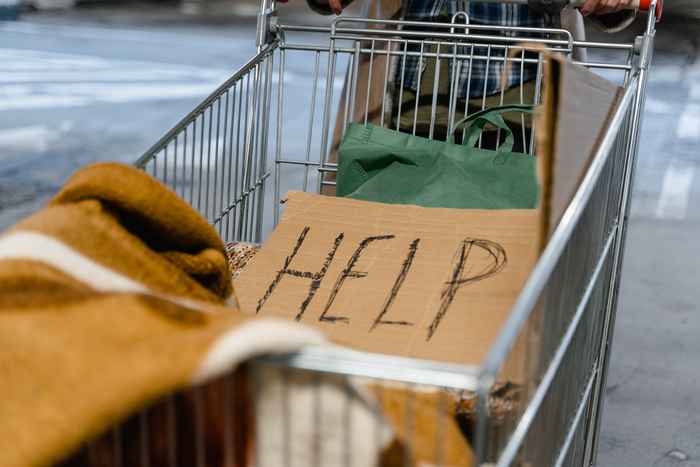Why we are investigating the problem of an overflowing 'shopping bag of legal issues’
14 September 2021

We also regularly come into contact with these citizens during the consultation hours in our legal advice centres and see the effects of this with our own eyes. Based on these thoughts and our own experiences, we are therefore, with financial support of the Raad voor Rechtsbijstand, conducting research into the development of a digital tool to improve legal aid. This project, titled as 'The problem of the full shopping bag' (translated from its original Dutch name Het probleem van de volle Boodschappentas), focuses in this case on the first-line legal advice service. Why? Because even Amsterdam and its surroundings already have more than 50 contact points where citizens can go with their social legal problems, but this is often still a lengthy and complex process. We aim to make it easier and faster to help citizens with their shopping bags.
In this project we work in a consortium with, among others, the Amsterdam Centre on the Legal Professions and Access to Justice, Patroon Legal Design, ArbeidsmarktResearch and a consultancy specialised in AI. We will also work closely with the legal advice centres located in the Law Hub.
Research report, socio-legal map and AI-driven tool
One of the most important outcomes of this new project is a survey that we will carry out among frontline legal aid providers, such as legal aid shops, but also with social lawyers. The research report will hopefully be presented in February 2022 at a congress in the Law Hub on legal access and digital tools. Given the high number of places like legal shops and legal counters, we will also develop a socio-legal map of Amsterdam, which is expected to be launched for the general public in November this year. Finally, we will develop an AI-driven tool that will be developed based on our beloved human-centred-design method and tested in the course of 2022.
Want to stay informed about this project? Keep an eye on our website for updates on this project in the coming months, or contact us directly.